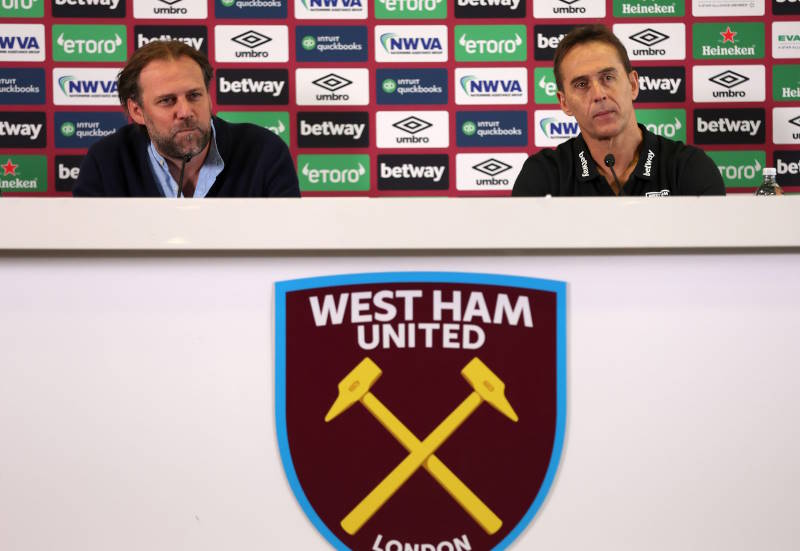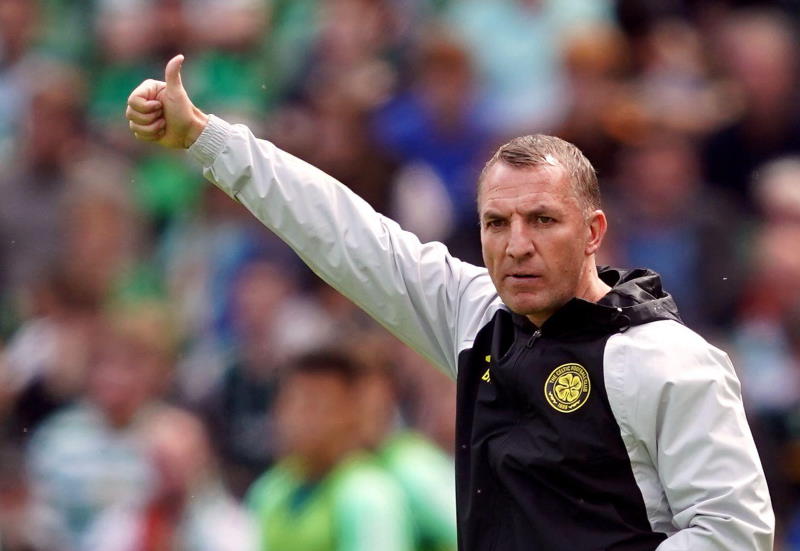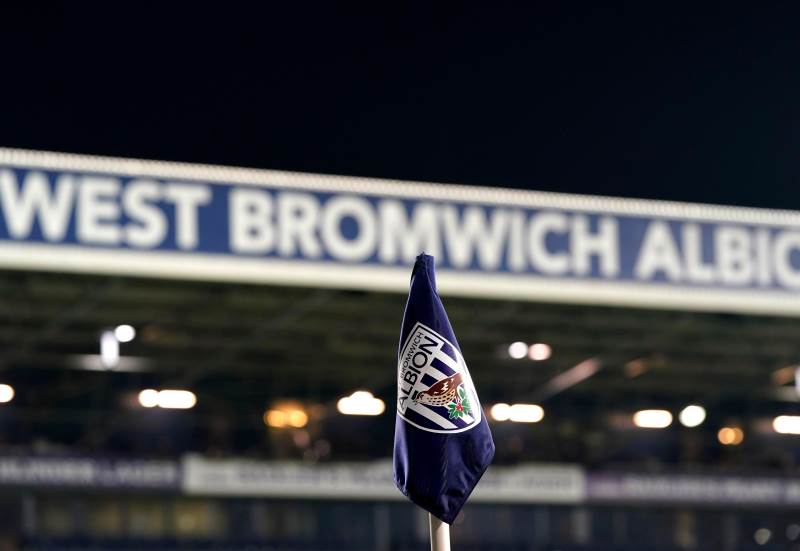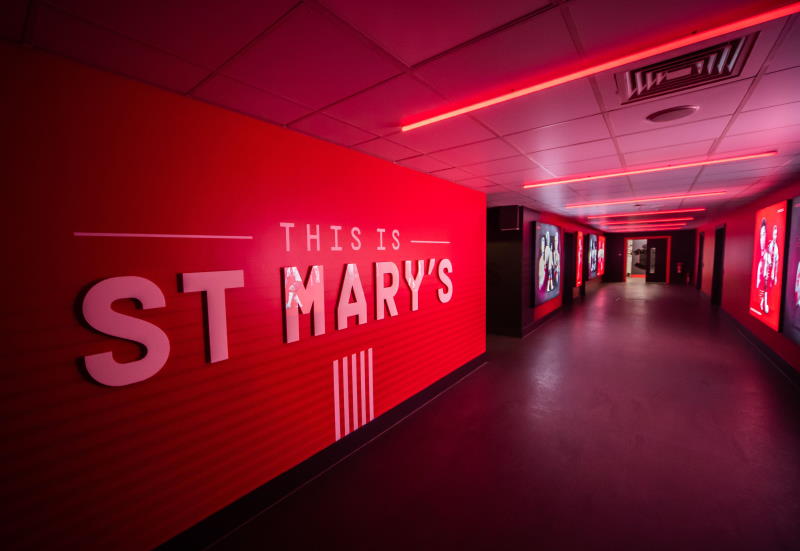
With a skull and crossbones image adorning club merchandise and a ban on giving any sponsor’s name to their stadium, St. Pauli cannot be accused of following the herd. Back in the Bundesliga this year, this is one football club that has always taken great pleasure in blazing a trail of its own.
The club’s history is among the most fascinating in European football. Though success and St. Pauli have not always gone hand in hand, the team has attracted a huge following through its progressive principles. Put simply, St. Pauli is about more than just making money.
Based near Hamburg’s notorious Reeperbahn area, which is famed for its red light district, St. Pauli became somewhat of a rebel club in the 1980s. Supporters from all walks of life were welcomed into the Millerntor stadium, providing an eclectic mix of personalities and a “Kult” following. They saw themselves as “anti-racist” and “anti-fascist” – and, generally, they still do to this day. Fans filed into the stadium driven by a pure love of the sport. Home games were played out amid a boisterous, carnival atmosphere as attendances soared from less than 2,000 to close to 20,000 and fans enjoyed the terraces.
But though the left-wing stance has been popular with the club’s fans, St. Pauli have suffered financially as a result. The negativity towards exploiting commercial opportunities has left the team disadvantaged when paired against giants like Bayern Munich, who have vastly deeper pockets. While Bayern dominated German football and won the Champions League in 2001, St. Pauli yo-yoed up and down the divisions of German football, dropping out of the 2.Bundesliga in 2003. It took the arrival of new president Corny Littmann to save the day and spark the revival. Promotion last season was met with typically frenzied celebrations all over town.
This year, St. Pauli are determined to make the most of their return to the top flight, despite the odds being stacked against them. So far, the results have been mixed. An opening day victory over SC Freiburg, thanks to three goals in the last seven minutes, left many neutrals shocked, but the established order seemed to have been restored when St. Pauli then fell to consecutive one-goal defeats to Hoffenheim, conceding with three minutes to go, and 1.FC Koln.
But, perhaps feeding off the combative spirit that their supporters bring to every game, St. Pauli bounced back to take four points from their next two games. They came within two minutes of a famous victory against rivals Hamburg at a noisy Millerntor – the game ended 1-1 – and then toppled Borussia Monchengladbach 2-1.
At the weekend, St. Pauli suffered a setback at the hands of Borussia Dortmund, losing 3-1 at home as Dortmund’s superior squad depth gave the visitors the edge. However, fixtures against top teams like the Ruhr giants will not decide St. Pauli’s fate this year – it is the basement battles that will be more critical. For now, they are happy to be sitting in mid-table.
The biggest surprise so far has been St. Pauli’s sluggish home form. The assumption had been that the loud, imposing Millerntor would be the fortress on which the team’s survival bid was built – yet they have taken one point at home thus far. Instead, their away form has been the key, with two victories brimming with character. Historically, however, trips to smaller grounds with vocal home support have posed problems for more illustrious clubs – think Southampton or Portsmouth in English football – so there is reason to think that St. Pauli’s luck will improve on home soil as the season moves on.
Encouraging though St. Pauli’s start has been, the club’s supporters are as realistic as they come and will take everything in their stride. They realise that their players are far likelier to find themselves in an intense relegation dogfight come March and April than challenging for Europe. However, it has never been about the winning for St. Pauli fans, who are always positive and in full voice regardless of the score.
The team has come to stand for so much more than the results produced each weekend. For once, it really is the taking part that counts.













